Blog
Volunteers bring valuable skills and abilities that can enhance the work of paid staff in an organisation. When managed effectively, they can help improve the quality and capacity of services offered. This unit aims to provide managers with the knowledge to engage, motivate, and support volunteers, helping them succeed in their roles while encouraging a […]
A skilled and adaptable workforce is a group of people with the knowledge, skills, and abilities to meet and exceed goals. This unit helps managers identify and choose innovative development opportunities. It also guides them in finding ways to encourage participation and shows how to track the impact of development activities on individuals, teams, and […]
The written word, however generated and recorded, is still expected to form the majority of assessable work produced by Learners at Level 3. The amount and volume of work for this unit should be broadly comparable to a word count of 2000-2500 words within a margin of +/-10%. The excessive use of word count is […]
The CMI 305 Building Stakeholder Relationships Using Effective Communication course helps professionals understand how to build strong relationships with stakeholders. Participants will explore different communication strategies, learn about the environments where stakeholder interactions happen, and apply their skills in practical exercises. The course also offers insights into the communication techniques used by successful individuals, helping […]
Each task in this assessment brief is designed to help you demonstrate the achievement of the learning outcomes and assessment criteria for CMI 706 Finance for Strategic Leaders. To successfully complete the unit, you must achieve a passing outcome for each assessment criterion. Leaders need to understand the Finance function to make effective decisions in […]
Strategic leadership is crucial in guiding an organisation toward its long-term mission and vision. It requires making data-driven decisions that align with the organisation’s core values, while also staying attuned to market dynamics and competitive pressures. Effective strategic leaders must possess strong business acumen and the ability to anticipate how their decisions will impact both […]
Assessment Questions Section one AC 1.1 Analyse the external factors that drive the need for leadership and management within the organisation Leadership and management are critical aspects of achieving desirable outcomes in these times of rapid change and development of corporate culture. Leadership is the part where the vision, strategy, and commitment become real, while […]
Assessment Questions Task One AC 1.1 Evaluate the principles of reward and its importance to organisational culture and performance management. Key Principles of Reward Fairness This makes sure that the employees view their salaries as equitable and just relative to their responsibilities, skills, and contributions (REBA, 2021). Equity Equity deals with giving all employees the […]
Assessment Questions Task one AC 1.1 Appraise what it means to be a people professional. A professional is a person with particular features and behaviours that demonstrate a high level of skill, competence and professional ethics in the industry they are involved with (Herrity, 2023). Professional Behaviours Within the realm of people management, professionalism manifests […]
Assessment Questions AC 1.1 Evidence-based practice (EBP) means the considerate use of the best evidence available, expert opinion, and client values and circumstances that aid decision-making on an individual level or regarding the system (Barrends, Rousseau and Briner, 2014). Professionals base their choices on the results of scientific studies. It is a deliberate search process […]










